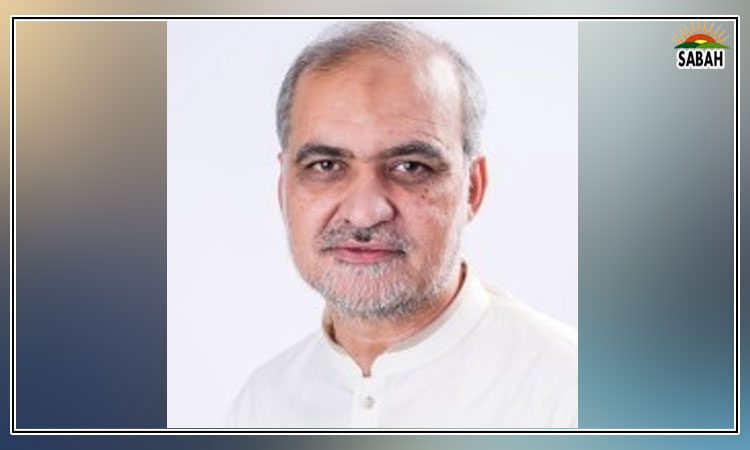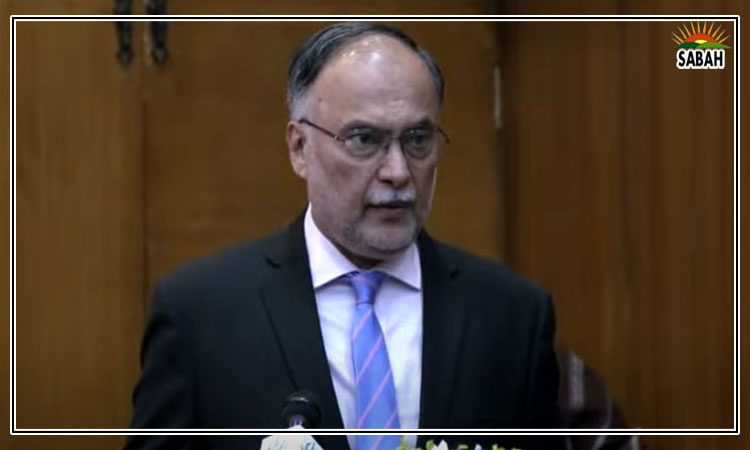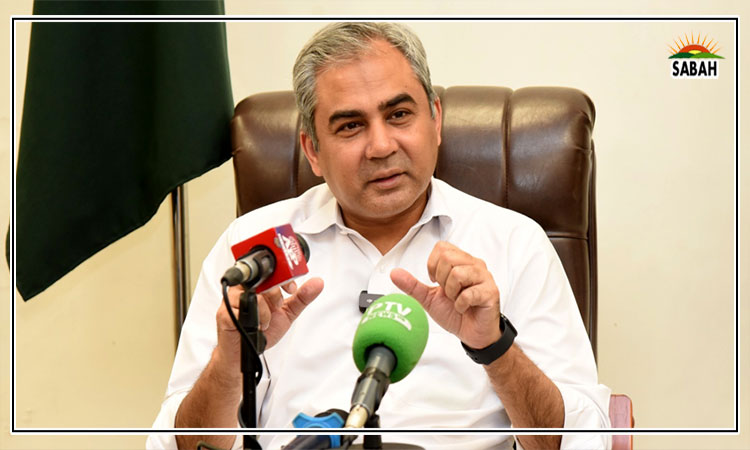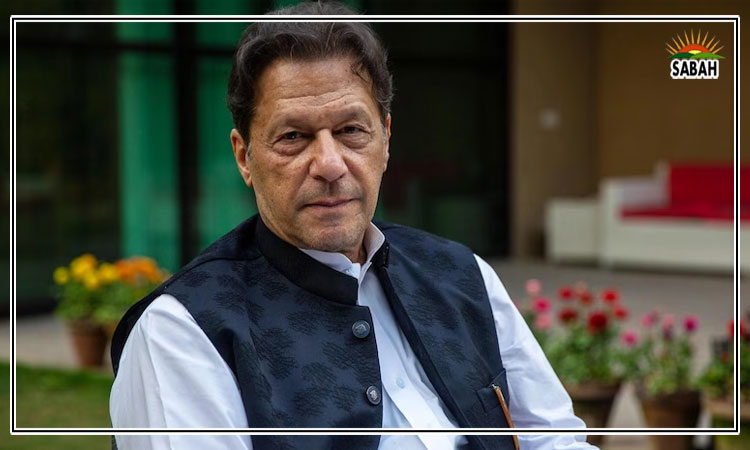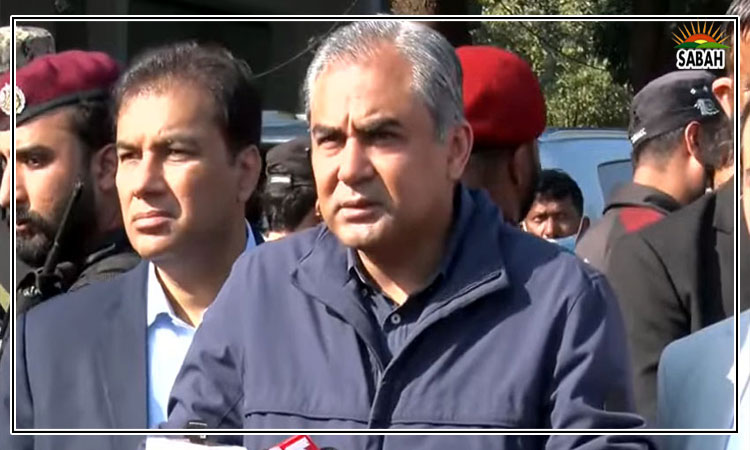Coups in West Africa…Khalid Bhatti
The July 26 military coup in Niger has escalated the already existing tensions in the West African region. General Abdurrahman Tchiani, the head of Nigers elite presidential guard has declared himself the leader of the country after removing French-backed president Mohamed Bazoum from power. Niger has a history of military coups. Since its independence from France in 1960, Niger has had four successful coups and several failed coups.
France ruled Niger for nearly 70 years. Like any other colonial power, France plundered and exploited the rich mineral resources of Niger, which has huge reserves of Uranium, coal and gold. However, Niger is still poor and one of the least developed countries in the world. It is also the seventh largest producer of uranium in the world.
Niger is a land-locked country and depends on other countries for its imports and exports. According to the United Nations, with nearly 25 million people, Niger is the second least developed country in the world. Extreme poverty and hunger is widespread as the corrupt elite continue to enrich themselves. France largely depends on Niger for its uranium supplies and so also continues to control the countrys mineral and financial resources even after its independence.
At the moment, two battles are going on in West Africa. The first is the struggle of the people for survival. They are tired of poverty, disease, hunger, unemployment and inflation and want to improve their lives. Nigers people want better lives, security, jobs, better infrastructure, housing and basic services. Their battle is for their basic needs and a better future.
Then there is a power struggle going on between different factions of the ruling elites who are fighting to get maximum share from the loot and plunder of national resources. These different factions of the ruling elite seek the help and support of imperialist powers to hang on to power. In return, the local puppet rulers help multinationals and imperialist countries to plunder the natural resources of their countries. This is what is happening in Niger and other countries of West Africa.
The internal power struggle between president Bazoum and General Tchiani seems to be the main reason behind the military coup in Niger but external factors cannot be ruled out. It is being reported in the media that the president wants to remove General Tchiani from his powerful position.
Whatever might be the reason for this military coup, world powers too are now part of the power struggle that is going on in West Africa. The military ruler in Niger is trying to get support from Russia and China to survive in this polarized and volatile situation. The Nigeria-led and Western-backed Economic Community of West African States (ECOWAS) has threatened to launch a military offensive against the military government of Niger.
The (ECOWAS) has given August 25 as the deadline to restore the president Muhammad Bazoum to avoid a military confrontation. Nigeria and Senegal are threatening to invade Niger while Guinea, Burkina Faso, Mali, Chad and Algeria are opposing any military intervention from ECOWAS. This situation can lead to a regional war involving different West African countries.
The governments of Mali and Burkina Faso have announced that military intervention against Niger would be tantamount to a declaration of war against those nations, while Guinea has come out in support of the coup and has refused to carry out sanctions. Two regional blocs have now effectively emerged, threatening further conflict and instability.
A regional war involving Nigeria, Senegal, Mali, Burkina Faso and Niger will bring more destruction, poverty, hunger, deaths and political and economic instability to the region. The US, France and other European powers are opposing the military coup in Niger while Russia and China are backing the military government.
Four successful and two failed military coups have already occurred in the region since 2020. Fears are growing in the region that military coups might spread to other countries. The pro-West governments in West Africa, especially the governments of Nigeria and Senegal, are accusing Russia and China of supporting military coups. Critics say that they wanted to prove to their former colonial powers that they are ready to go to any extent to protect and further their economic, strategic and political interests in the region.
Having suffered setbacks across the so-called coup belt, stretching from Guinea in the west to Sudan in the east, Western imperialism and its local allies are clearly in a state of panic and are looking for means to defend their interests in the region. In the case of Niger, France stands to lose the most. France has retained a tight grip over Nigers economy, even since formal independence was won in 1960, and has 1,500 troops stationed in the country. France produces nearly 70 per cent of its electricity from nuclear power plants and cannot afford any disruption of uranium supply. Niger is crucial for France in this regard.
Since 2010, there have been over 40 coups and attempted coups in Africa; some 20 occurred in West Africa and the Sahel (including Chad). Since 2019 there have been seven (five successful and two failed) attempts.
Between 1958 and 2008, most coups in Africa occurred in former French colonies, as did six of the seven since 2019. Similarly, 12 of the 20 coups in the sub-region since 2010 happened there.
The socio-economic conditions that the colonial powers created over the years in these countries are suitable for military coups. Africa has a long history of military coups and counter-coups, having experienced both leftwing and reactionary coups since the 1950s. During the cold war between the Soviet Union and Western imperialism, Africa suffered the most many countries plunged into bloody civil wars and millions became victims of proxy wars. Military coups will keep coming until socio-economic conditions are changed in the region.
Courtesy The News


